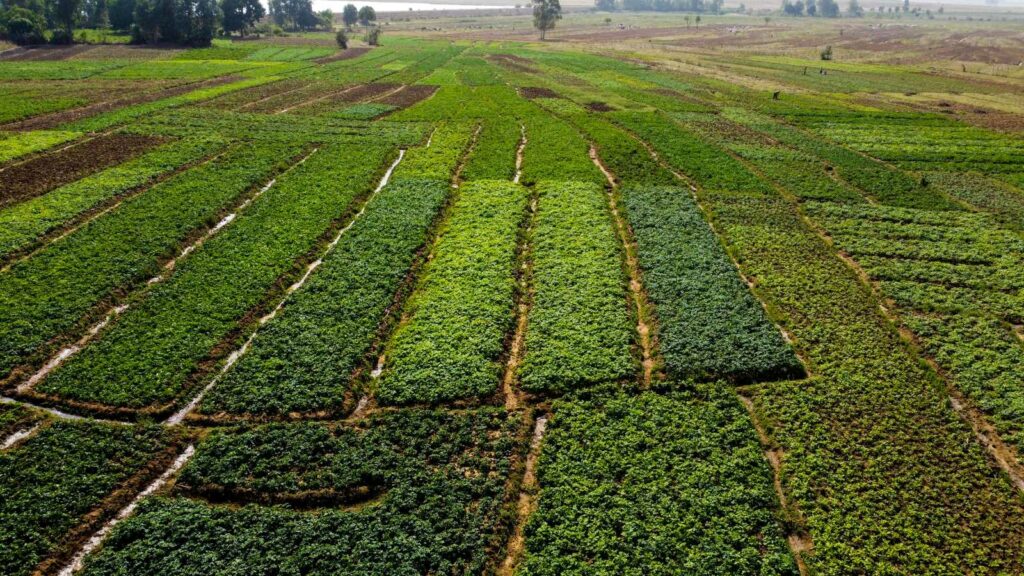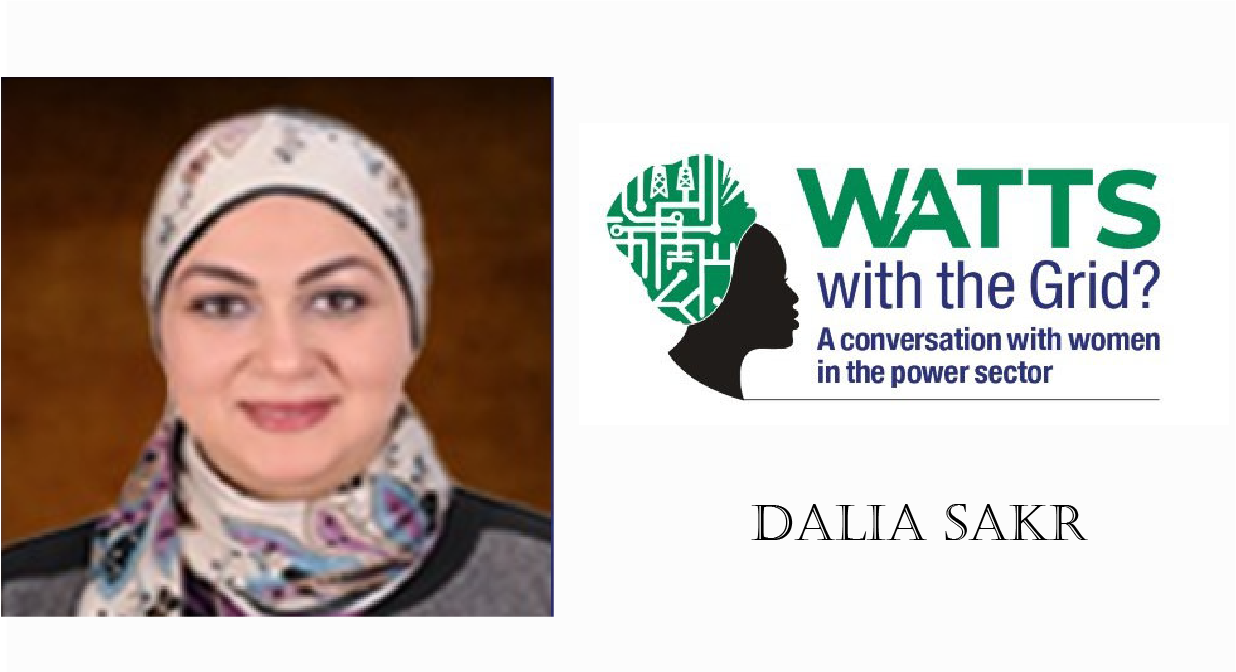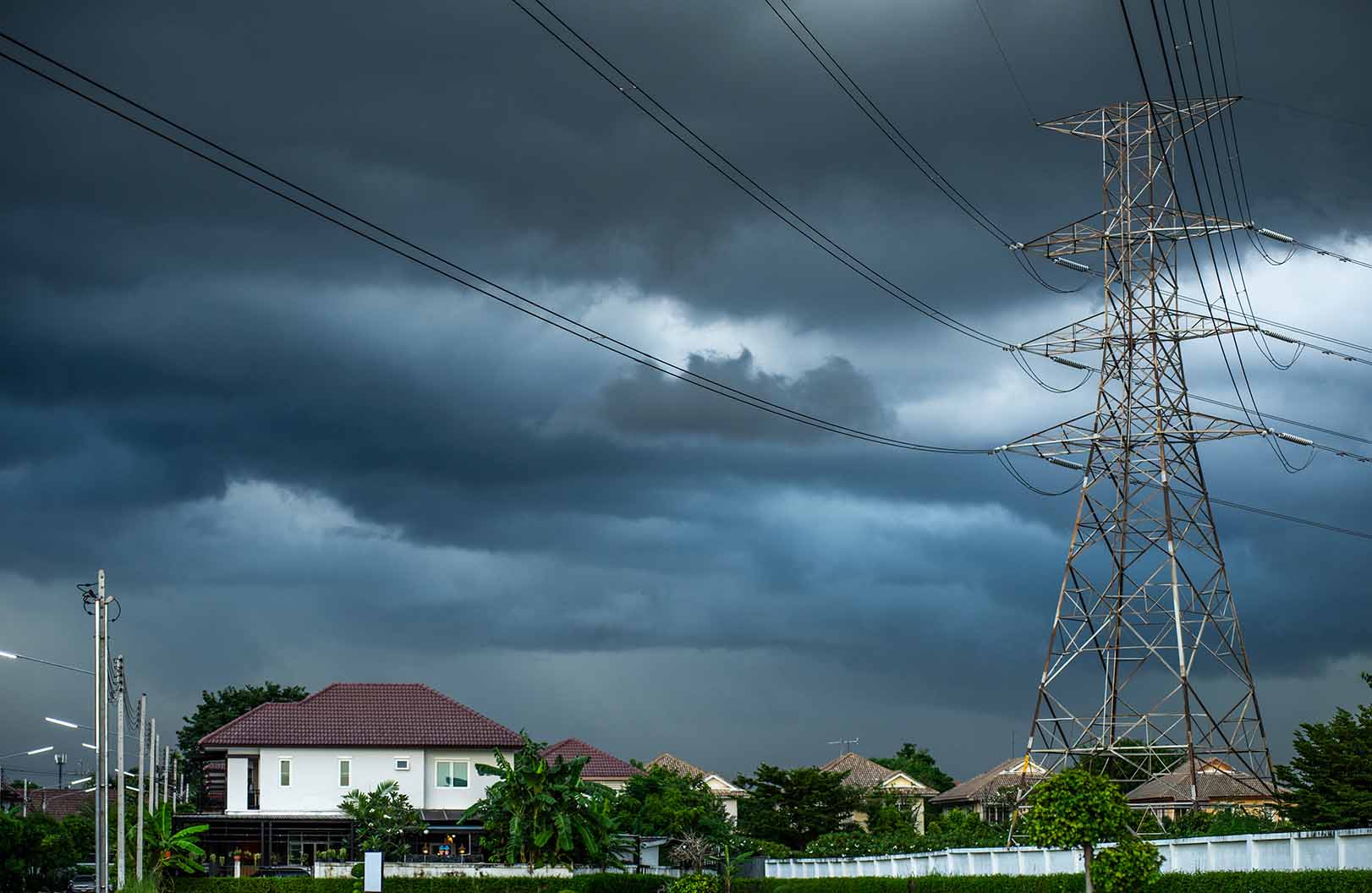A large portion of development work is focused on change; change in context, change in operations, change in behaviour. These changes don’t happen overnight, and in some cases, it can take a while to see results. But even small, incremental adjustments can be important early signs that positive change is happening.
In this series called “Stories of Change,” we share some examples of early indicators of change.
What happened?
UKNIAF provided technical assistance to the Nigerian Federal Ministry of Finance, Budget, and National Planning (FMFBNP), the Federal Ministry of Agriculture and Rural Development (FMARD), and the Kaduna and Oyo State governments to access $540 million for critical enabling works to develop eight Special Agricultural Processing Zones (SAPZ) across the country.
Why does it matter?
The state of Nigeria’s haphazard infrastructure development hinders economic growth, industrial productivity, and competitiveness. Without clear and demonstrable development impact this lack of planning increases Nigeria’s vulnerability to climate change, with the poor and marginalised being hit the hardest. Loan agreements for infrastructure development have also lacked a clear commitment to delivery and demonstrable impact. Historically facilities of this nature have been withdrawn because conditions were not met, and there was doubt that the projects could be completed within the agreed window.
In contrast, the climate smart SAPZ programme is designed collaboratively with public and private sector backers, to enable economic diversification, create sustainable jobs, and increase the contribution of agricultural value chains towards building a climate-resilient Nigerian economy.

Who benefits?
UKNIAF facilitated a closer working relationship between the involved federal and state governments to implement the SAPZ programme as a joint effort. Historically, cooperation between these two levels of government has been a challenge for infrastructure delivery. Ministries, Departments, and Agencies (MDAs) supported by UKNIAF now have access to an implementation framework and manual, as well as tools, concept notes and outline business case templates developed by UKNIAF based on His Majesty’s Treasury (HMT) five case model approach for project preparation. The concept notes for Kaduna State were developed collaboratively with relevant MDA staff. The concept notes increased the potential for attracting funding from the private sector and development finance institutions (DFIs).
What did UKNIAF do that made the difference?
The scoping and engagement work continues, improving federal and state MDAs’ ability to use public funds to attract private capital for climate-smart, pro-poor, and inclusive infrastructure projects.
In collaboration with the African Development Bank (AfDB), UKNIAF produced an implementation framework enabled by the government and aimed at private sector delivery. A key component of this framework – the transaction advisors – will work hand in hand with the government to procure the private sector delivery partners to deliver the projects in a commercially viable, sustainable and climate friendly way. This approach mitigates concerns regarding the conventional public procurement model, where delivery is driven solely by the government. Simultaneously, UKNIAF supports the SAPZ national programme coordinating unit within FMARD and, as part of this support, produced the project implementation manual.
Using the 5-case model tools and templates created for Kaduna State, we are increasing the capacity of MDAs to produce investment information that outlines their projects’ technical, financial, and legal viability. UKNIAF is working with state and federal MDAs in facilitating the tripartite agreement between the parties and the Nigeria Sovereign Investment Authority – an essential part of the loan conditions precedent.
UKNIAF provided DFIs and supported federal and state MDAs with a better understanding of how a government-enabled, private sector delivery model could be achieved. In addition, UKNIAF technical assistance is building MDA capacity to develop concept notes and improve their understanding of the business case development process. This means state level MDAs can now draw down the loan faster, allowing for more efficient project implementation.
The AfDB committed its funds to the SAPZ project, becoming the lead financier, and mobilised funding support from the Islamic Development Bank and International Fund for Agricultural Development. The departure from a traditional government delivery approach, due to UKNIAF’s technical assistance, gave the AfDB confidence in the new model. UKNIAF’s facilitation between the DFIs and the public sector encouraged this buy-in.
What lessons can we draw from this?
- A well-structured government and private sector partnership can yield results:
A government-enabled, private-sector-delivery model is critical for borrowing at a lower cost driven by the private sector’s implementation strength of delivering commercially viable projects. - A neutral technical advisory facility is beneficial:
UKNIAF’s role as a neutral party has been valuable for coordinating and achieving the results for this phase of the SAPZ programme, including attaining consensus between federal and state MDAs and other stakeholders.













